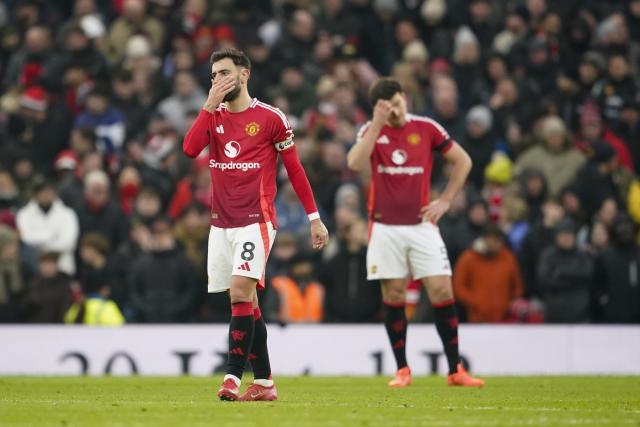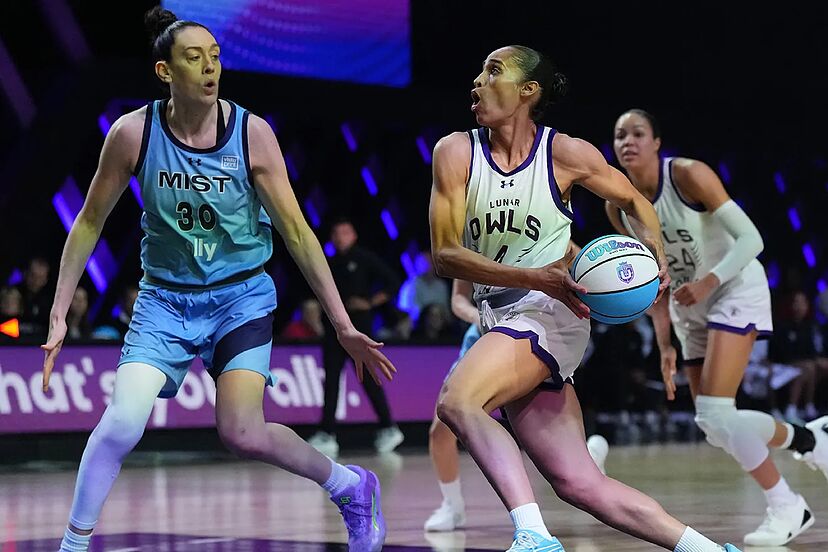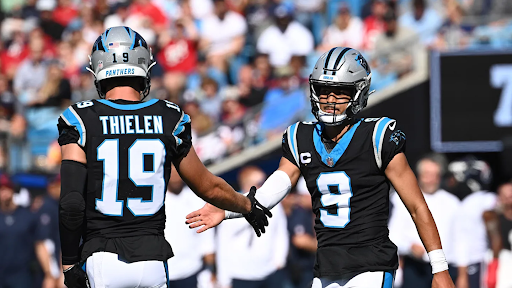What kind of call is that? Do these refs know what they are doing? The National Football League recently found itself under scrutiny after it locked out experienced referees and hired less knowledgeable replacements.
Most of the scrutiny began after a controversial call on Sept. 24 during the Seattle Seahawks game against the Green Bay Packers. On the last play of the game, the Seahawks’ desperation pass was ruled an interception by one official, and a touchdown by another. After a conference between the officials, Wayne Elliot, the head official, ruled a touchdown.
Many observers would disagree.
“I think they jeopardized the integrity of the game and gave people more reason to blame outside forces for losses instead of taking responsibility for it themselves,” said first-year quarterback Mitchell Ferrick.
Ferrick explained that despite the bad call, the Packers still had the chance to win.
“There were plays that whole game that could have been made for Green Bay, that could have changed the game,” added Ferrick.
Some fans still blame the referees for being unqualified to call NFL games.
“I thought the replacement officials were just not up to par or qualified to be officiating NFL games,” said senior Lamar Cassell, a sports management major. “That point was proven by the product the NFL was giving its fans with all the games that were officiated by replacement officials.”
Others disagree, pointing out the difficult situation in which the replacement officials found themselves.
“Too many times we want to blame officials for calls that ‘made us lose,’” said Steve Fleshman, head of officials for the Old Dominion Athletic Conference. “Everyone talked about the bad call made at the end of the Green Bay game. I never heard anyone mention the fact that Aaron Rogers (quarterback for the Packers) was sacked eight times in the first half.”
Bob Malekoff, associate professor of sport studies, sympathizes with the replacements.
“Clearly they were put in a tough spot and, not surprisingly, did not measure up to the regular officials,” said Malekoff. “One problem that replacement refs had was that coaches and players were trying to gain an advantage by intimidating them. They never really had a chance to gain the kind of control that the regular refs have.”
When referees are in control, the players determine the quality of the game.
“A well officiated game will allow for a safe environment, as well as let the outcome be determined by the play of the game,” said Chris Rusiewicz, head football coach.
Coaches and players agree that officials help to maintain the integrity of the game.
“I think the officials are there to hold players and coaches accountable,” said Faris El-Ali, a junior and captain of the football team. “Good referees uphold the integrity of the game because more often than not, little gets past them.”
However, even good referees make mistakes.
“I have officiated for over 20 years,” said Fleshman. “Every official who has been doing this for any length of time has been involved with a bad call. Sometimes the outcome of a bad call affects the game. That is just part of the game.
“If we take the human element out of it, we no longer have a game.”






